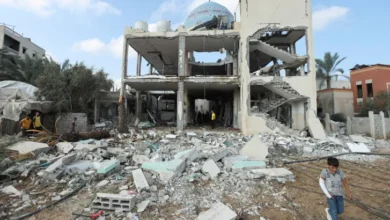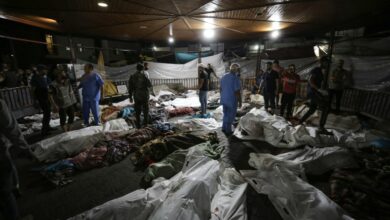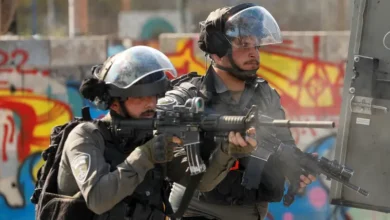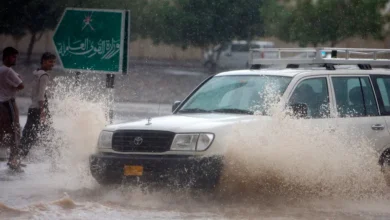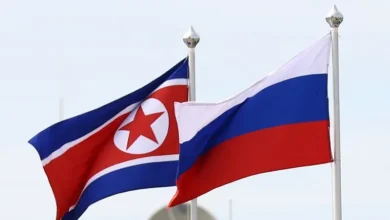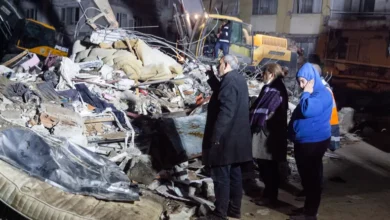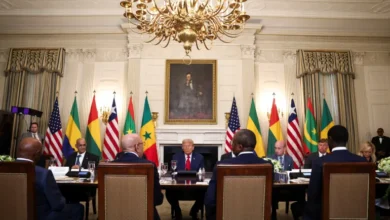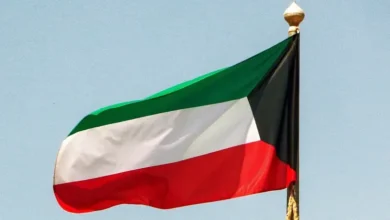‘It’s war now’: As Bangladesh quota protests escalate, what’s next?
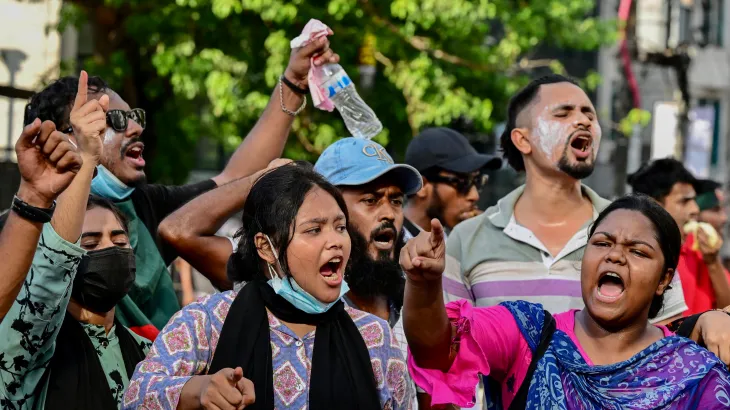
Bangladesh has announced a nationwide curfew that will come into effect at the beginning of Saturday amid a telecommunications blackout that has cut the country of 170 million people off from the rest of the world as clashes between students and security forces have intensified.
The government has banned public rallies in Dhaka, where buildings were torched during the clashes on Thursday. Students are protesting against quotas for government jobs. At least 19 people had died in the violence this week before Friday. Mahmud said many more were killed in fighting on Friday.
Even after the government shut down phone and internet connectivity, the protests took new forms – including apparent hacking attacks on top government websites.
Here’s more about the protests and where they are headed next.
What’s the latest in Bangladesh?
The protests began weeks ago, but violence rose at the start of this week after student protesters were attacked by activists of the Bangladesh Chhatra League, the student wing of Prime Minister Sheikh Hasina’s Awami League party.
After protesters refused to back down, the government on Wednesday ordered the closure of all universities — the epicentres of the movement against the quotas. But students refused to vacate the campuses in a tense standoff.
Then, on Thursday, that tension exploded into deadly violence. Thousands of students clashed with armed police in Dhaka. During these clashes, 11 people were killed, including a bus driver and a student, police sources told Al Jazeera. The AFP news agency has reported 39 people have been killed this week — 32 on Thursday alone. Local media said at least 28 have been killed as of Thursday. Al Jazeera has not been able to independently verify these numbers.
Buildings torched, internet down, bank website hacked
Authorities cut mobile and internet services to quell the unrest on Thursday. According to the watchdog NetBlocks, the South Asian country has faced a complete, nationwide internet blackout.
The police released a statement accusing protesters of burning and vandalising buildings, including police and government offices. This included the Dhaka headquarters of state broadcaster Bangladesh Television, which remains offline.
The websites of major news organisations, including The Daily Star and Dhaka Tribune remain offline.
And several official websites in Bangladesh appeared to be hacked by a group that goes by “THE R3SISTANC3”.
The hacked websites include those of the central bank, the prime minister’s office and police.
On the website of the Hasina’s office, a message read, “Stop Killing Students,” and then, in blood-red capital letters: “It’s not a protest anymore. It’s a war now.”
Details of the alleged hacks are not known. The central bank and police sites remained inaccessible when Al Jazeera tried to reach them.
Why are students protesting Bangladesh’s quota system?
University students across Bangladesh are calling for the job quota system to be reformed. Under the system, more than half of much sought-after government jobs are reserved
The protests erupted after June 5 when the High Court ordered the reinstatement of the 30 percent quota for descendants of veterans who participated in the war of independence from Pakistan in 1971.
